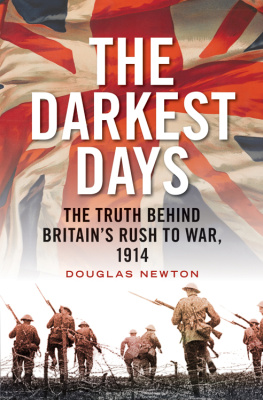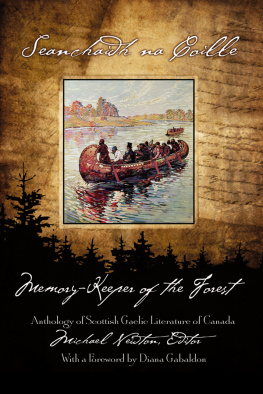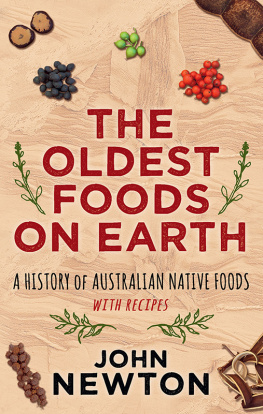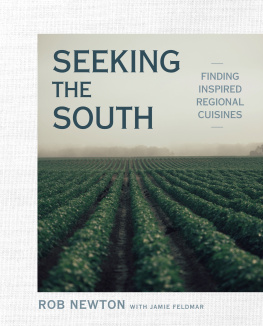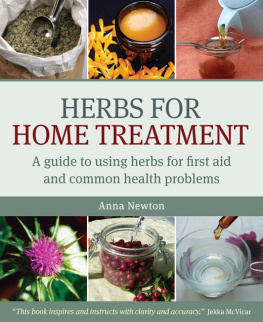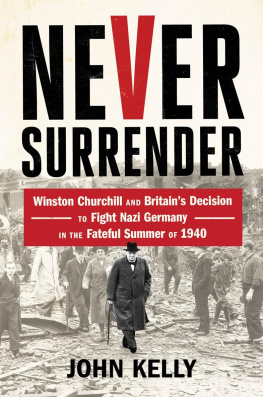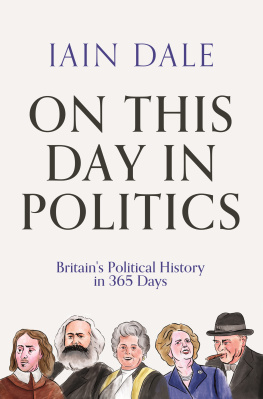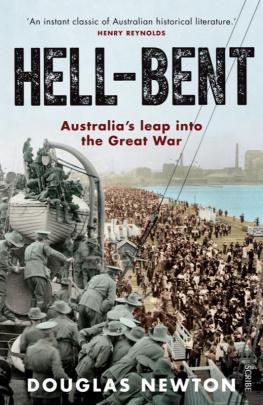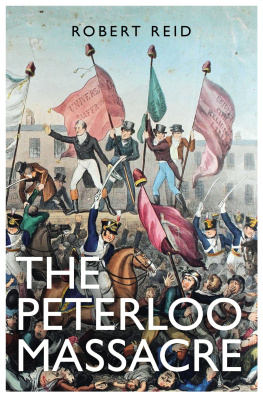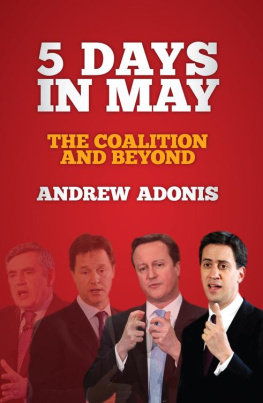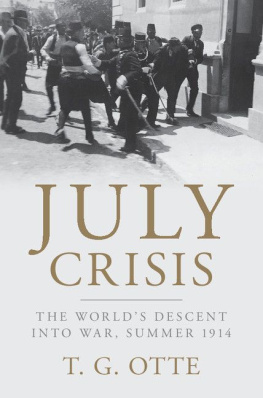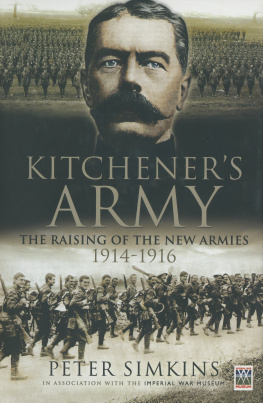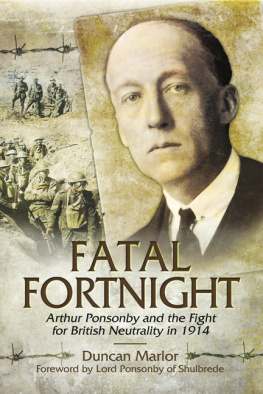THE DARKEST DAYS
The Truth Behind Britains
Rush to War, 1914
Douglas Newton

First published by Verso 2014
Douglas Newton 2014
All rights reserved
The moral rights of the author have been asserted
1 3 5 7 9 10 8 6 4 2
Verso
UK: 6 Meard Street, London W1F 0EG
US: 20 Jay Street, Suite 1010, Brooklyn, NY 11201
www.versobooks.com
Verso is the imprint of New Left Books
ISBN-13: 978-1-78168-350-7
eISBN-13: 978-1-78168-657-7 (UK)
eISBN-13: 978-1-78168-351-4 (US)
British Library Cataloguing in Publication Data
A catalogue record for this book is available from the British Library
Library of Congress Cataloging-in-Publication Data
Newton, Douglas J.
The darkest days : the truth behind Britains rush to war, 1914 / Douglas Newton.
pages cm
Includes bibliographical references and index.
ISBN 978-1-78168-350-7 (alk. paper) ISBN 978-1-78168-351-4 (ebook)
1. World War, 19141918Great Britain. 2. World War, 19141918Causes. 3. World War, 19141918Diplomatic history. 4. Great BritainForeign relations19101936. I. Title.
D517.N49 2014
940.32241dc23
2014007134
Typeset in Garamond by MJ & N Gavan, Truro, Cornwall
Printed in the UK by CPI Mackays
For Julie,
still loving
If men are to do and die, for mercys sake let them question why as thoroughly as possible; else some other men are sure to be required to do and die as a consequence of this blindness and haste. If people had questioned why, not only this war, but nearly, perhaps, every other modern war would have been spared us.
Vernon Lee, Satan the Waster (1920)
Contents
I n researching and writing this book, I have sought assistance from many friends and contracted many debts. My family has been of great assistance to this project along the way. My love and gratitude go especially to Julie Newton for her encouragement and for her repeated close readings of the manuscript. I am grateful also to Joy Melhuish, who first introduced me to the captivating history of peace activism many years ago. She has always read and corrected each manuscript, and she made it possible for me to undertake such wide research in Britain on my many visits. I would like to thank my family for their constant encouragement: David Newton, Juliette Warren, Pamela Mary Newton, my mother, Michael Newton, Mary Anne Anastasiadis, Robert Newton, Richard Newton, and especially my sister Pamela Newton. For sharing with me her deep knowledge of the intriguing historical personalities in this story, and for reading early versions of this book, I must thank especially Belinda Browne. The following deserve warm thanks for reading versions of the manuscript and for offering both advice and constructive criticism: Gregory Bateman, Brian Brennan, Peter Butt, Daryl Le Cornu, Roderick Miller, Peter Henderson, Bruce Hunt, Robert Lee, Greg Lockhart, Andrew Moore, Alan Roberts, Youssef Taouk, and Dimity Torbett. For sharing his own passion, knowledge, and provocative insights into the subject of war and peace, I must thank Thomas Reifer. I have also benefitted from the inspirational advice of Keith Wilson, who encouraged me on my visit to Leeds long ago. His provocative work in British foreign and defence policy lit the way for me. I must thank him warmly. Early in my career, Ken Morgan and Cameron Hazlehurst were also especially encouraging to me, and I thank them sincerely. Colleagues and students at the University of Western Sydney, where I taught an Honours subject on the First World War for many years, have also helped in innumerable ways. For his special advice with regard to publication, I must thank Nicholas Jacobs. Of course, none of the above necessarily endorses the interpretation presented here, and all the blemishes in the work are mine.
I would like to thank Kate Russell, Laura Ponsonby, Ian Russell, and their family for their hospitality and generosity to me when I stayed with them at Shulbrede Priory. Kate Russells guidance through the private papers of Arthur Ponsonby was invaluable. I must also thank Kate Russell and Laura Ponsonby for permission to reproduce material from the papers of their grandfather, Arthur Ponsonby, Lord Ponsonby of Shulbrede.
Dozens of dedicated archivists who manage the manuscript collections at many libraries and archival institutions have been of great assistance to me in my research over the past decade. I cannot list them all, but I wish to record my thanks to each and every one. I would like to thank especially Colin Harris and Elizabeth Turner at the Bodleian Library, for granting me access to new deposits in the Lewis Harcourt Papers and the Francis Hirst Papers before they were catalogued, and also Helen Langley for assistance with arranging permissions.
I would also like to thank sincerely the following individuals and institutions for making it possible for me to access personal papers, and for granting me permission to quote from personal papers over which they hold copyright: Robert Bell (Geoffrey Dawson); Allen Packwood at the Churchill Archives Centre (Maurice Hankey); Christopher Arnander (Reginald and Pamela McKenna); the Columbia Centre for Oral History Collection (CCOHC) project at Columbia University (Norman Angell); James Towe (Victor Cavendish, 9th Duke of Devonshire); the Bonham Carter Trustees (Herbert Henry Asquith and Margot Asquith); Christopher Osborn (for the unpublished diaries of Margot Asquith); the National Library of Scotland (Richard Haldane, Elizabeth Haldane, Arthur Murray); the Parliamentary Archives (Lloyd George, Herbert Samuel, Bonar Law); Charles Simon (Viscount Simon); Glennis Cripps (John Bruce Glasier); the Warden and Scholars of New College Oxford (Lord Milner); and the Surrey History Centre on behalf of the copyright holders (T. C. and J. A. Farrer). I am grateful to Helen Langley, Curator of Modern Political Papers at the Bodleian Library, for granting permission to quote from the unpublished diary of Lewis Harcourt, 1st Viscount Harcourt, on behalf of William Gascoigne, the owner of the Harcourt copyright. Quotations from the diary of Wilfrid Blunt are made by permission of the Syndics of the Fitzwilliam Museum. Extracts from the Manchester Guardian Archive are reproduced by courtesy of the University Librarian and Director, the John Rylands Library, the University of Manchester. For access to the papers of John Dillon, I would like to thank the Board of Trinity College in Dublin. Quotations from the papers of Charles Hardinge, 1st Baron Hardinge, and Robert Crewe-Milnes, 1st Marquess of Crewe, are reproduced by permission of the Syndics of Cambridge University Library. Quotations from the papers of Charles Trevelyan and Walter Runciman are reproduced by permission of the Librarian, Robinson Library, Newcastle University. Quotations from Sir Winston Churchills papers are reproduced with permission of Curtis Brown, London, on behalf of the Estate of Sir Winston Churchill. Copyright, Winston S. Churchill. Quotations from the papers of the Seventh Earl Beauchamp are reproduced by permission of the copyright owners. Quotations from the Times Newspapers Limited Archive at the News International Record Office, Enfield, are reproduced under license, and by permission of The Times/Newssyndication.com. For permission to quote from the papers of the 5th Marquess of Lansdowne, I would like to thank the Marquis of Lansdowne.

